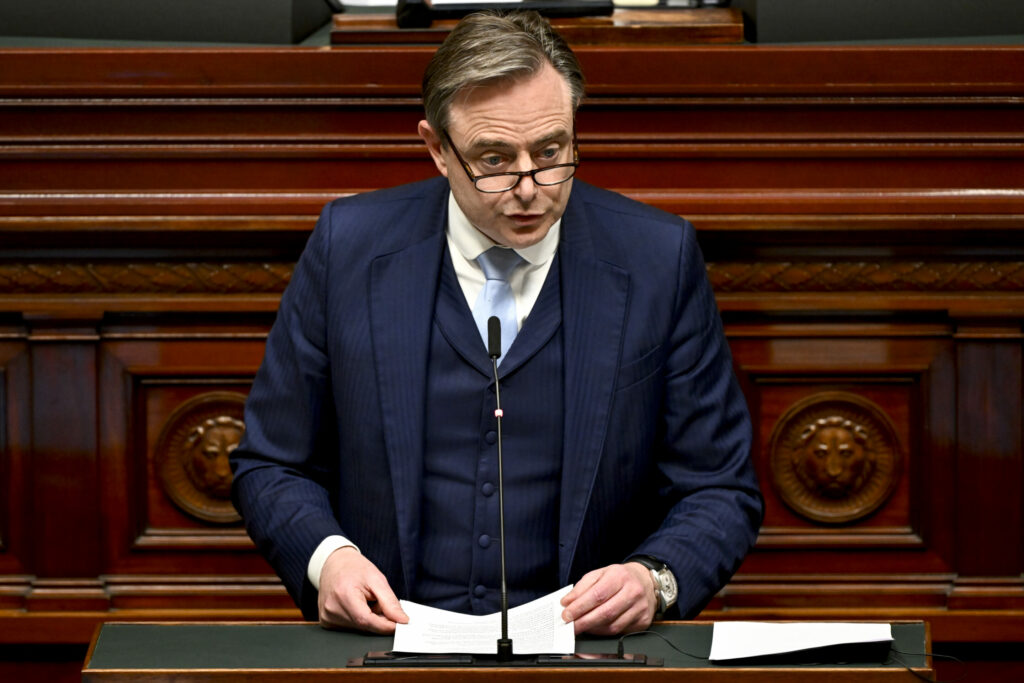A capital gains tax introduced by the new federal government is expected to generate €500 million by 2029, according to budget tables released on Tuesday evening following the new Prime Minister’s general policy statement.
“We ask for a fair contribution from those with the broadest shoulders, for the benefit of those who work,” Bart De Wever said in the Chamber of Representatives.
The introduction of a capital gains tax, referred to in the government agreement as a “solidarity contribution,” was primarily a demand from the Vooruit and Christen Democratisch en Vlaams (CD&V) parties.
The tax will be set at 10% on financial assets, including cryptocurrencies. There will be a deduction for capital losses and an exemption up to €10,000 to protect small investors.
Additionally, anyone holding at least a 10% stake in a company and wishing to sell it will be subject to the tax.
There is an exemption for the first €1 million, followed by exemptions for half of the taxable base between €1 million and €5 million, and a quarter of the taxable base between €5 million and €10 million. No exemption applies beyond €10 million.
The capital gains tax is projected to generate €250 million by 2026, rising to €500 million by 2029. In the budget tables, this mechanism falls under the category “contributions from the broadest shoulders and various others.”
A total of €2.27 billion is expected by 2029, including income from combating both social fraud and fiscal fraud, each anticipated to yield €400 million in the final year of the legislature.
Contributions from banks and foreign direct investments are also included in this category.

